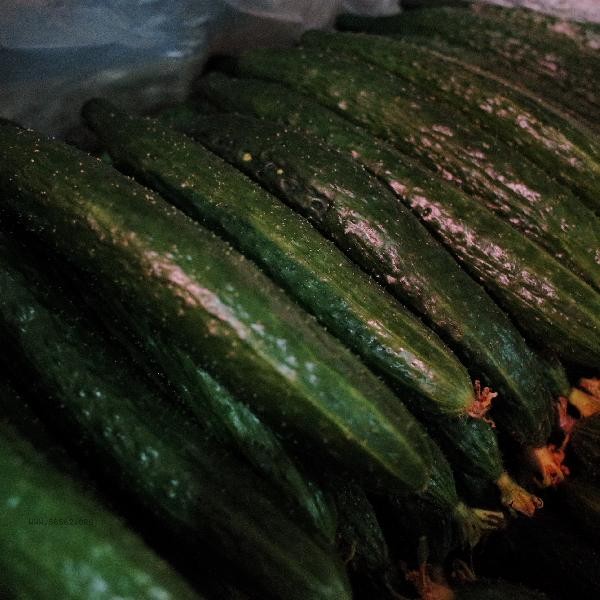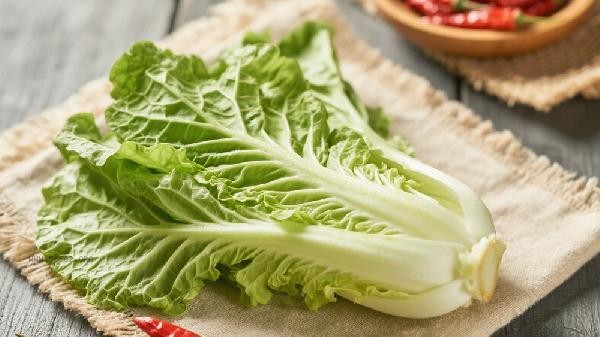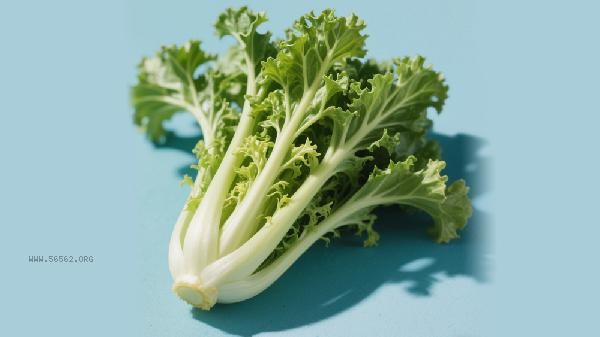The bitterness of mustard greens when stir fried is usually related to the characteristics of the variety, cooking methods, or improper storage. Bitterness may originate from the decomposition products of glucosinolates, high-temperature coking, or spoilage reactions.

1. Variety Characteristics
Mustard bumps themselves contain glucosinolates, which decompose into isothiocyanates when cut or heated, giving them a natural bitter and spicy taste. The content of glucosinolates in mustard greens of different varieties varies greatly, and some local varieties accumulate more bitter substances. It is recommended to choose white skinned or light green varieties with relatively lighter bitterness.
2. Improper cooking
High temperature stir frying can easily cause the sugars in mustard greens to char and produce a bitter taste. It is recommended to use blanching treatment. Adding a small amount of salt to boiling water and blanching for 30 seconds can remove some bitter substances. When stir frying, control the oil temperature and pair it with ginger slices or a small amount of white sugar to neutralize the bitterness.
3. Storage Issues
Long term storage of mustard greens can lead to an increase in fiber lignin and concentration of bitter substances due to water loss. When the skin turns yellow or black spots appear, the bitterness is more pronounced. Fresh ingredients with smooth skin and firm texture should be selected and cut open before consumption as soon as possible.

4. Taboos on pairing
Stir frying mustard greens with ingredients that contain too much tannic acid may increase the bitterness, such as unripe persimmons, strong tea, etc. Suggest pairing with ingredients rich in umami amino acids such as pork belly and shiitake mushrooms to reduce bitterness perception through flavor synergy.
5. Individual Sensitivity
Some populations have lower perception thresholds for bitter substances, especially pregnant women and children. Bitter ingredients can be decomposed by extending the soaking time or adding a small amount of rice wine. For those with gastrointestinal sensitivity, it is recommended to control the amount consumed.

For daily cooking, you can first shred the mustard greens and soak them in salt water for 20 minutes, then marinate them in advance with an appropriate amount of vinegar or cooking wine. Selecting tender stem parts and removing the epidermis can effectively reduce bitterness. It is important to avoid prolonged contact with metal vessels to prevent oxidation and discoloration. If the bitterness is abnormally strong and accompanied by an unpleasant odor, it may be caused by pesticide residues or spoilage, and should be stopped from consumption. Maintaining the freshness of ingredients and using appropriate cooking methods are key to improving taste. People with special physical conditions can consult a nutritionist to adjust their dietary plan.









Comments (0)
Leave a Comment
No comments yet
Be the first to share your thoughts!